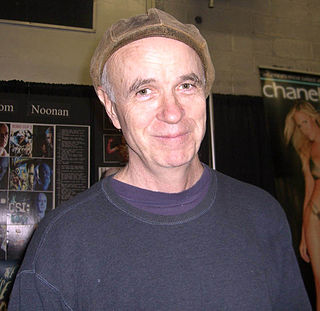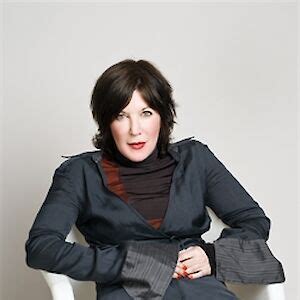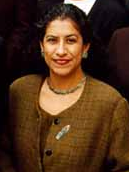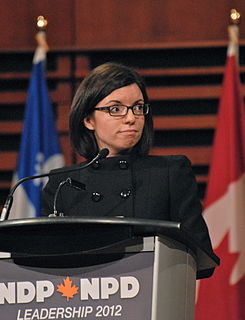A Quote by Tracy Chapman
So much has happened to obscure the dialogue about race and about gender and discrimination in general, especially where those things touch on economics.
Related Quotes
'RuPaul's Drag Race'... is very little about boys who dress up in girls' clothing: it's very much about grit, integrity, heart, power of perseverance, and the power of love. It's also opening a dialogue up about the persecution and the marginalization of trans people, of queer people, of gender non-binary and gender fluid people.
. . . the whole idea of WHAT HAPPENED WAS.... is not about dating. It is more about people who are not committed to who they are or are indifferent about their life in general, which is how I felt about myself when I wrote it. I had turned 40 and I was unhappy and I wanted to write about that. Dating just became the framework. . . . I like all those fringy, weird, nonverbal, quiet, tiny little things, those powerful interchanges between people, things that go unsaid, that people know are happening all the time but nobody wants to talk about. That's what I want to make movies about.
I think that it is too common for white feminists to say, 'We want some diversity. Come join our movement about gender, but we want you to check the class and race at the door.' And you can't undo that braid of race, class, and gender: all three intersect with each other, so it's important for more education to be done about that.
Intersectionality has made an important contribution to social and political analysis, asking all of us to think about what assumptions of race and class we make when we speak about "women" or what assumptions of gender and race we make when we speak about "class." It allows us to unpack those categories and see the various kinds of social formations and power relations that constitute those categories.
I conceived of myself in large part as a teacher. There wasn't a great understanding of gender discrimination. People knew that race discrimination was an odious thing, but there were many who thought that all the gender-based differentials in the law operated benignly in women's favor. So my objective was to take the Court step by step to the realization, in Justice Brennan's words, that the pedestal on which some thought women were standing all too often turned out to be a cage.
My mother and my father taught me to look at the actual problem, not the face of it, not the veneer of it. So for me, I was never - I was impressed that it - racially, I was impressed, right, but now in America it's about economics, and it's been about economics, and honestly, everything's been about economics since I don't want to say the beginning of time, but it's been about economics for a long while.




































